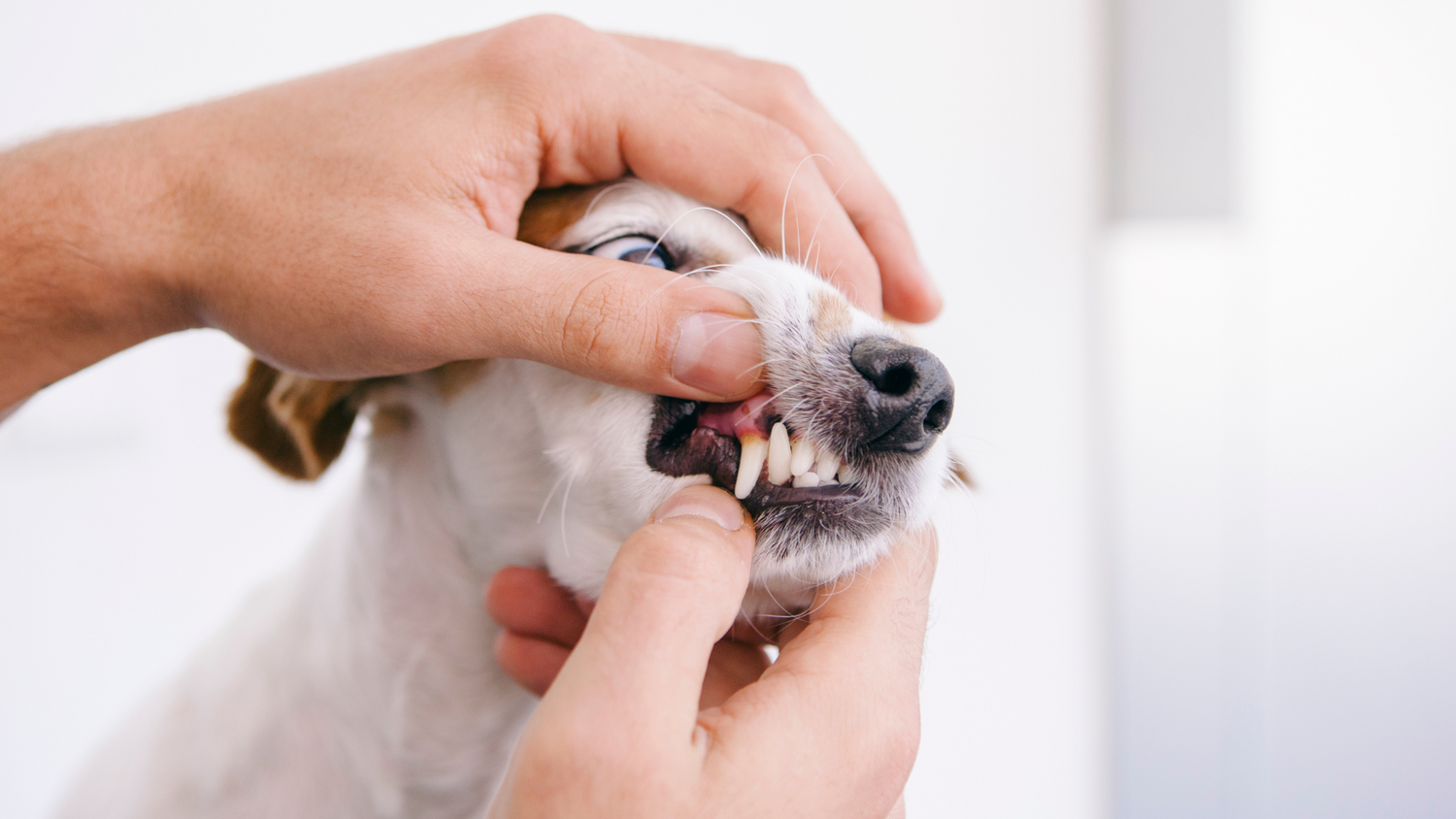Fruits and vegetables are amazing sources of essential vitamins and minerals for dogs, and are an essential part of a balanced diet. Roughly 20% of their diet should consist of safe fruit and vegetables. In complete and balanced dog foods these fruit and vegetables will already be added in, but they are great substitutes for treats also!
These are some of our favourite fruits and vegetables we add to our dogs bowls or give as treats!
Fruits:
- Apples 🍎: Remove the seeds and core, and slice them into small, manageable pieces. Apples are a good source of vitamins A and C, as well as fibre. Apples can be high in sugar, so be sure not to over feed them, a piece every now and then is enough.
- Bananas 🍌: High in potassium and fibre, bananas make a healthy and tasty treat. Remember to remove the peel and feed them in moderation due to their high sugar content.
- Blueberries 🫐: These are packed with antioxidants, which can help support your dog's immune system. They're also low in calories and sugar which makes them a great sweet treat for your pup!
- Strawberries 🍓: Another berry that's rich in vitamin C and antioxidants. Make sure to remove the green tops and feed them in moderation.
- Watermelon 🍉: A hydrating fruit, watermelon is safe for dogs in small amounts. Be sure to remove the seeds and rind. It’s the perfect summertime treat!
Vegetables:
- Carrots 🥕: Low in calories and high in fibre and vitamins, carrots can be a great crunchy snack for your dog. These are also great for their dental health!
- Sweet Potatoes 🍠: Rich in fibre, vitamins, and minerals, sweet potatoes can be cooked and offered as a nutritious treat. Ensure you remove the skin before you feed it to your pup.
- Pumpkin 🎃: This is good for digestive health due to its high fibre and mineral content. Make sure it's plain, cooked, and without any added sugars or spices. This is amazing to give your pup if they are experiencing digestive upset!
- Broccoli 🥦: It's rich in fibre and vitamin C. However, too much broccoli can lead to digestive upset, so it's best given in moderation.
Remember to always wash and prepare fruits and vegetables properly, and feed them in appropriate portions. Additionally, consult your veterinarian or vet nutritionist before making any significant changes to your dog's diet, especially if your dog has any health concerns or specific dietary needs. They can provide personalised advice based on your dog's individual requirements.





